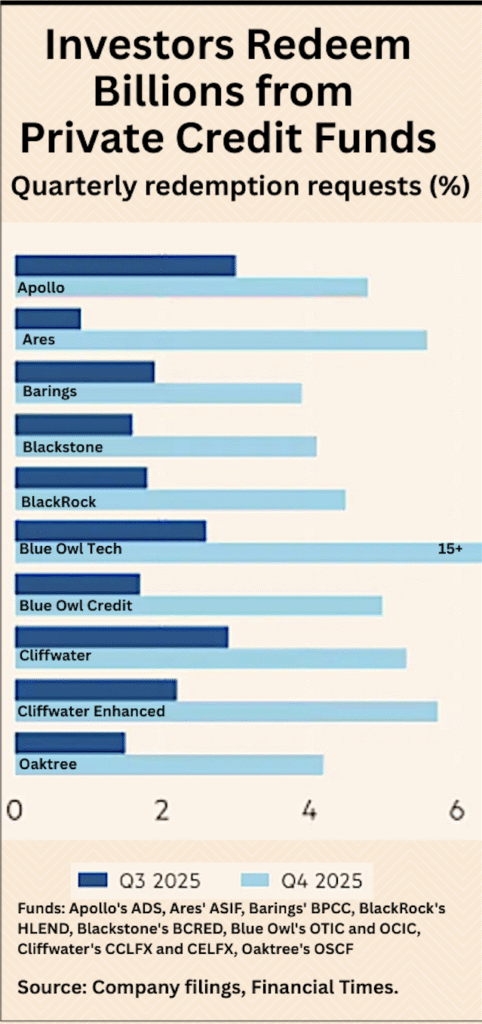What I do: We specialize in market research for financial service companies, with a focus on retirement. We also conduct research on life insurance, employee benefits, health insurance and long-term care. What we do is to try to help companies make better decisions to serve consumers.
Where I came from: I received a Ph.D in sociology from Rutgers University and taught sociology for a few years. Through a series of coincidences, I began working for the American Council of Life Insurers and stayed there for 12 years. I eventually became their senior research person on staff and realized that I had to either give up on opportunities for promotion or be promoted out of research. I thought there was something very special about creating a company and continuing to do research and serve clients. In 1985, Mathew Greenwald & Associates was born.
Who my clients are: We conduct surveys and focus groups for many financial services companies, including Prudential, John Hancock, Pacific Life, Lincoln Financial, Morgan Stanley, the American Council of Life Insurers, and AARP, among others.
What has been one of our most interesting research projects: We’re working a project right now in which we are gathering insights on retiree preferences for managing their assets. It’s called Retiree Insights, and it will be out soon. Behavioral finance professionals have found that people don’t always decide in their own best interest. Many companies make plans and assumptions based on an overly rational model of people that does not often exist. These types of plans often do not resonate with retirees, and they don’t really address their emotional needs.
For example, some models define success for retirees as having assets above zero before death. But most people have a strong need for a financial cushion. They don’t want to be 90 years old and have $5,000 in the bank. A Monte Carlo analysis that states success is anything above zero will not be reassuring. Retiree Insights aims to really understand the preferences of pre-retirees and retirees so companies will develop products and services that will be most effective. We have 19 companies participating, and it’s been a great project for us.
Why people hire me: We combine subject-matter expertise with research expertise and the ability to interpret and communicate research findings. I think our strong subject-matter expertise really sets us apart.
Why I testified in Congress: It was fun. I was a Congress-appointed delegate to the 1998 and 2002 National Summits on Retirement Savings and was also asked to testify before the U.S. Senate Committee on Aging and the Securities Exchange Commission on retirement and retirement-oriented products. Charles Grassley of Iowa was the head of the Committee on Aging at the time. They give you five minutes for an opening statement and there are three lights (green, orange and red) to keep your time in check. I testified about long-term care and the need to encourage people to use long-term care insurance.
Where I get my entrepreneurial spirit from: It started in the Bronx, where I’m from. In some ways, the interest in retirement started with my father. He never made a lot of money and he did not enjoy his job as a poultry salesman. He wanted to be able to retire at 65, and talked about it a lot and about his strategies for accumulating enough money to retire. I think he wanted to own his own business, but never got a chance to do that. I think I absorbed his interest in retirement and, in a way through starting my business, accomplished something he didn’t have a chance to do.
My retirement philosophy: I have spent a lot of thinking about how I want to live my life in retirement. I have a detailed budget ranging from household expenses to travel and have done the calculations of how much I need to fund the lifestyle I want. I’m now 67 years old and I really enjoy working. I’m not that eager to retire. I plan on working to beyond age 70. I think a lot of people think about age and retirement improperly. It’s about life expectancy. I would like to retire with about eight years of remaining life expectancy. My father had a 27-year retirement since he lived to 92. I’m aiming for less time in retirement. The decision to retire is about how much time you are likely to have left and how you want to spend that time.
© 2014 RIJ Publishing LLC. All rights reserved.



